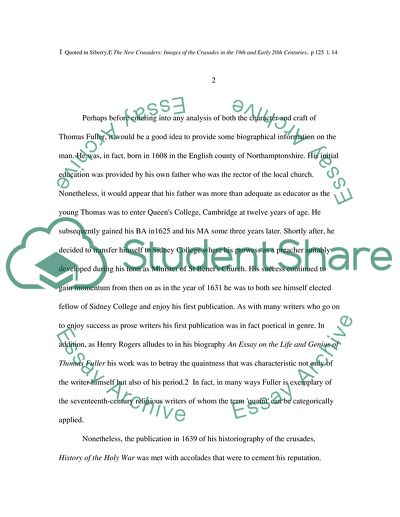Cite this document
(Enlightenment Historiographies of the Crusades Research Paper, n.d.)
Enlightenment Historiographies of the Crusades Research Paper. Retrieved from https://studentshare.org/history/1752326-historiography-of-three-different-historians-during-the-enlightenment-about-the-cursades
Enlightenment Historiographies of the Crusades Research Paper. Retrieved from https://studentshare.org/history/1752326-historiography-of-three-different-historians-during-the-enlightenment-about-the-cursades
(Enlightenment Historiographies of the Crusades Research Paper)
Enlightenment Historiographies of the Crusades Research Paper. https://studentshare.org/history/1752326-historiography-of-three-different-historians-during-the-enlightenment-about-the-cursades.
Enlightenment Historiographies of the Crusades Research Paper. https://studentshare.org/history/1752326-historiography-of-three-different-historians-during-the-enlightenment-about-the-cursades.
“Enlightenment Historiographies of the Crusades Research Paper”, n.d. https://studentshare.org/history/1752326-historiography-of-three-different-historians-during-the-enlightenment-about-the-cursades.


